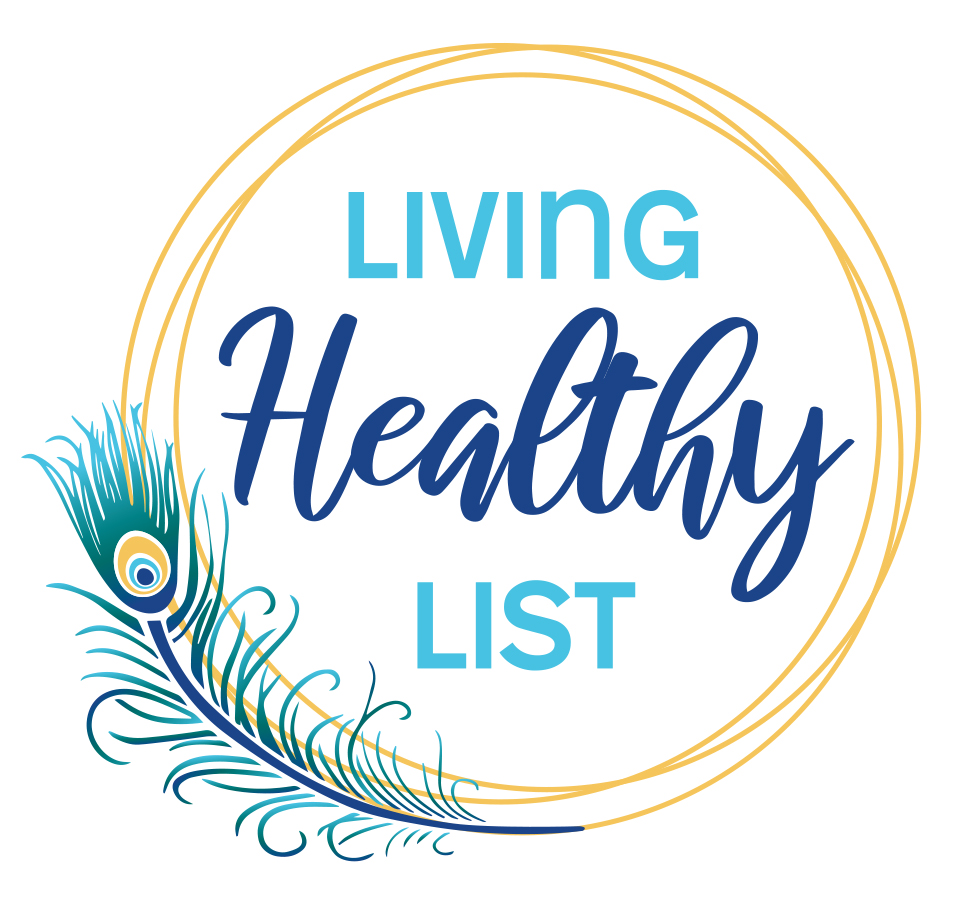You’ve never had to watch what you eat before, but now your body has changed—you’ve suddenly developed a new food allergy as an adult, and you need to find a way to navigate this development. It may take some getting used to, but once you understand what you’re dealing with, you can live freely again.
Remember, knowledge is power, and once you know the origins, signs, and proper treatment of your allergies, you can regain control. This will also give you peace of mind and decrease any anxiety you might have about your allergy.
Origins
Determining the origins of your allergy is the first step to dealing with it. Adult-onset allergies don’t just appear out of thin air. The concept may be puzzling, but there’s an explanation as to why your body can no longer handle certain foods. Chances are, your allergy developed from a genetic component or an environmental trigger. Environmental triggers can alter your immune system, forcing you to develop an allergy.
Signs
When you ingest something that your body doesn’t agree with, it will give you a warning almost immediately. Pay close attention to these signs. If you start to feel a tickle in your throat or begin to develop an itch, this may mean you’re having an allergic reaction.
The first time you have a reaction, you might not think it’s an allergy. For example, you might think that vomiting—a common reaction to a food allergen—is food poisoning. However, if symptoms occur more than once, don’t consider them a coincidence.
Some of the most common food allergens include:
- Milk
- Tree nuts
- Shellfish
- Wheat
- Soy
If the food you ingested contains these products and you’re having symptoms of a reaction, you might have an allergy.
Treatment
Proper treatment means getting tested so that you can better understand the foods to which you’re allergic. You can conduct an at-home test or consult your physician so that they can supply you with preventive medicine. An allergy test will run through the standard foods that normally cause reactions by testing your blood to see what causes irritation and what doesn’t.
Depending on the severity of your allergy, you might get an EpiPen or over-the-counter medicine prescribed to you. Keep this medication on hand at all times in case of emergency. When you go to restaurants, make sure the meal you order doesn’t contain any of the ingredients to which you’re allergic. These steps will help you manage your allergy.
Developing a new allergy as an adult doesn’t have to alter your life drastically. Once you get a better understanding of the causes and effects, you can manage it easily.

